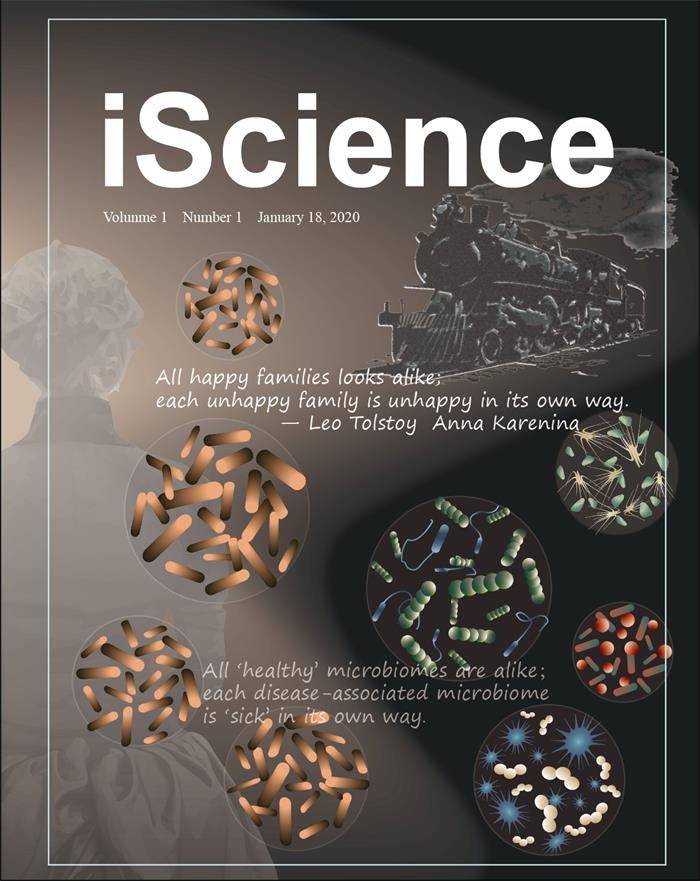Summary: In a paper published recently in Cell Press’s iScience, Professor Zhanshan (Sam) Ma (Chinese Academy of Sciences) tested the applicability of AKP (Anna Karenina principle) to the human microbiome-associated diseases, and further discovered that AKP effects are primarily influenced by highly dominant microbial species and less influenced by rare species.
The AKP refers to observations inspired by the opening line of Leo Tolstoy’s Anna Karenina: “all happy families are all alike; each unhappy family is unhappy in its own way.” In terms of the microbiome-associated diseases (MADs), it may be translated into a hypothesis: all ‘healthy’ microbiomes (of healthy individuals) are alike; each ‘diseased’ microbiome (of a MAD patient) is ‘sick’ in its own way.
The mostly peaceful coexistence of human microbiomes with hosts and the tolerance by our immune system is still poorly understood in human biology and modern biomedicine. In fact, the interaction between the immune system and microbiome is bidirectional. On the one hand, the immune system certainly plays a critical role in shaping and maintaining the human microbiome; on the other hand, gut microbiome of infants may help to train the full development of their immune systems. There is a hypothesis that animal regulation of immunity evolved to not only defend against pathogens but also carefully regulate symbiotic microbes. In consideration of the significance of immune system, Zaneveld et al., (2017) postulated that the so-termed AKP (Anna Karenina principle) effects in animal microbiomes are likely ubiquitous and significant, and linked to deteriorating host health.
The AKP hypothesis predicts the rise of heterogeneity/stochasticity in human microbiomes associated with dysbiosis due to MADs. Prof. Ma devised a test framework based on the beta-diversity in Hill numbers and stochasticity analysis to detect AKP and anti-AKP effects. By analyzing 27 human MAD cases, he discovered that the AKP, anti-AKP, and non-AKP effects were exhibited in approximately 50%, 25% and 25% of the MAD cases, respectively. One of the new mechanistic discoveries his study revealed is that AKP effects are primarily influenced by highly dominant microbial species and less influenced by rare species. In contrast, all species appear to play equal roles in influencing anti-AKP effects.
Read the paper here: https://doi.org/10.1016/j.isci.2020.101007: Ma ZS (2020) Testing the Anna Karenina Principle in Human Microbiome-Associated Diseases. iScience.

